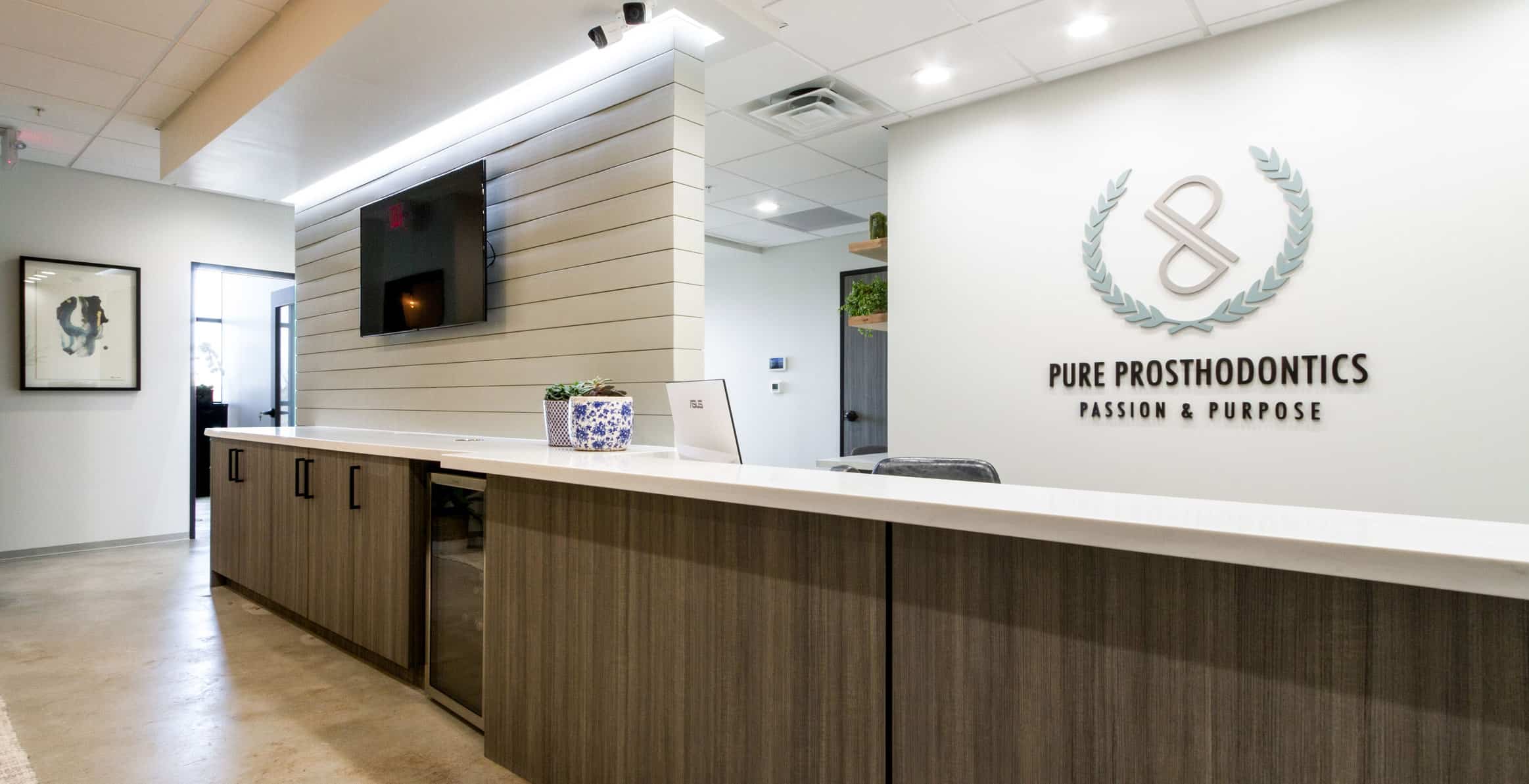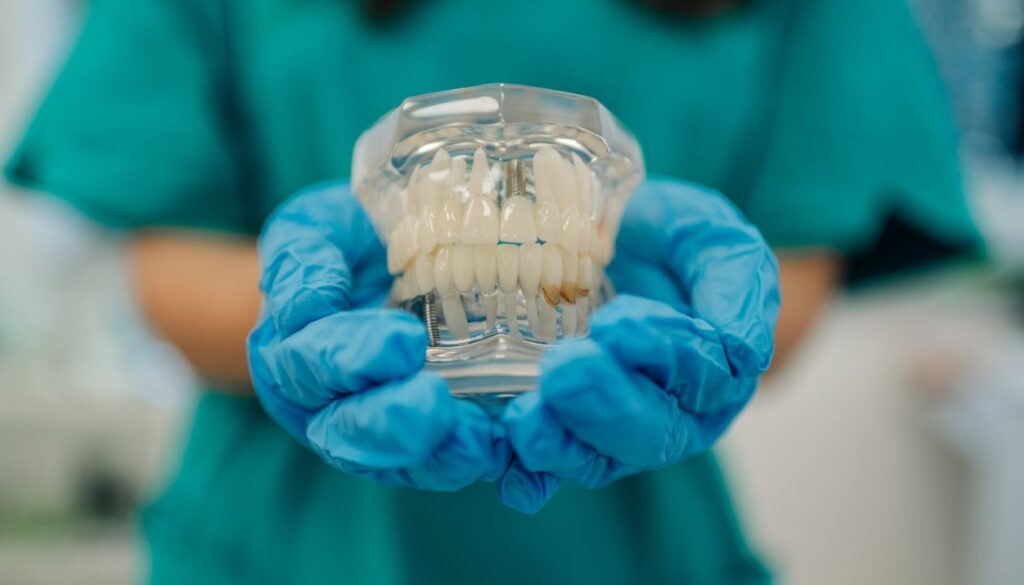When it comes to dental implants, patients today have more options than ever. Two of the most common materials used for implants are titanium and zirconia. While both can successfully replace missing teeth, there are important differences in their performance, long-term maintenance, and prosthetic limitations—especially when it comes to the final crown that will sit on top.
This guide helps you understand the benefits and limitations of zirconia implants, how they compare to traditional titanium implants, and what to know before your implant is placed.
What Is a Zirconia Implant?
Zirconia implants are made from zirconium dioxide, a strong ceramic material known for its natural white color and biocompatibility. They are often preferred by patients looking for metal-free, holistic options or those with metal sensitivities.
Some key benefits:
- Aesthetic advantage: No dark metal shows through the gums.
- Biocompatible: Suitable for patients with metal allergies or sensitivities.
- Low plaque accumulation: May reduce the risk of gum inflammation.
However, unlike titanium, zirconia is a ceramic, which means it behaves differently under stress and has unique restorative considerations.
Titanium vs Zirconia: Key Differences
| Feature | Titanium Implants | Zirconia Implants |
|---|---|---|
| Material Type | Metal | Ceramic |
| Strength & Flexibility | High strength, slight flex | High strength, but more brittle |
| Abutment Options | Wide range, custom available | Limited (often one-piece systems) |
| Aesthetics | May show grey at gumline | Naturally tooth-colored |
| Crown Attachment Options | Versatile (screw or cement) | Often cement-retained only |
| Long-Term Track Record | 40+ years | 10–15 years, newer systems |
Mechanical Limitations of Zirconia Implants
Zirconia implants can be one-piece (implant and abutment fused together) or two-piece systems (separate abutment and implant, like titanium). While newer two-piece zirconia systems are improving, some limitations still exist:
- Limited prosthetic flexibility: Most zirconia systems don’t allow for custom abutments, making it harder to adjust the angle or size for your bite or aesthetics.
- Crown design constraints: The occlusal table (biting surface) of the crown must be carefully sized. If it’s too wide or disproportionate to the narrow zirconia abutment, it can compromise strength or lead to fractures.
- Cement-retained crowns only: Screw-retained options are often not available. Cement can be hard to fully remove and might contribute to peri-implant issues if not placed carefully.
These mechanical differences are important to understand before choosing a zirconia implant system.
When to Consider Titanium Instead
Titanium implants offer more restorative flexibility and are ideal when:
- A custom abutment is needed for angulation or soft tissue shaping.
- Long-span bridges or hybrid prostheses are planned.
- The bite forces are high, such as in molar regions.
- Retrievability of the crown is important (e.g., screw-retained prosthetics).
Titanium systems can be paired with custom abutments and implant crowns designed for maximum function, aesthetics, and long-term durability.
Why Planning Matters Before Implant Placement
Choosing the right implant isn’t just about the material—it’s about how your final tooth will look, feel, and function.
Placing a zirconia implant before discussing your crown options may leave you with limited restorative solutions later on. For example, if you need a wider crown for esthetics or strength, but the abutment is too narrow (as is often the case with zirconia systems), the result may be compromised.
That’s why at Pure Prosthodontics, we take a restorative-driven approach—planning your final crown before placing any implant. This ensures the implant system supports your functional and aesthetic goals from the beginning.
Your Personalized Implant Plan
Whether you’re considering zirconia for its biocompatibility or titanium for its versatility, we’ll help guide you through:
- 3D planning to evaluate bone and esthetic needs
- Discussion of long-term crown design
- Choosing between cement- or screw-retained options
- Pros and cons of zirconia vs titanium systems in your unique case
Our goal is to give you a beautiful, functional smile—designed with the end in mind.
Have questions about zirconia vs titanium implants?
Schedule a consultation today and let us help you make the most informed choice for your long-term health and smile.



